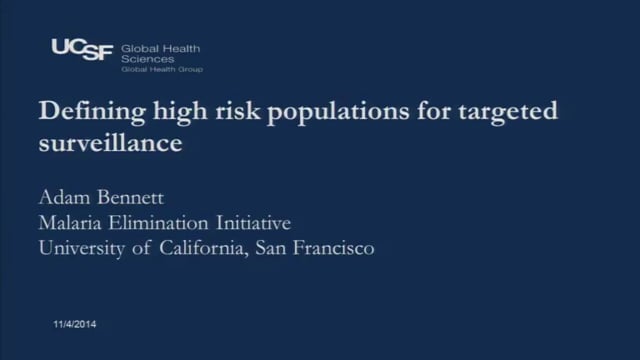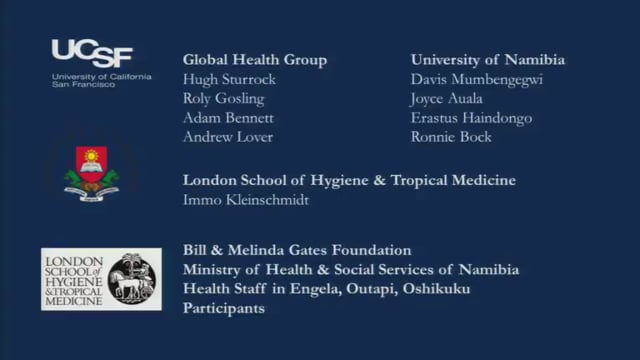Last Updated: 27/05/2025
Defining the effect of Plasmodium infection on Ebola virus vaccine efficacy
Objectives
This project synergistically applies tractable, high-resolution, antigen-specific systems to determine the mechanisms by which Plasmodium infections impact Zaire Ebola virus (EBOV) vaccine-induced humoral and cellular immunity. Specifically,
Zaire Ebola virus (EBOV) infections remain an emerging threat in Central and West Africa with case fatality rates reaching as high as 90%. An FDA-approved, live-attenuated, recombinant vaccine called ERVEBO has shown promise during recent outbreaks in Guinea in 2016 and Democratic Republic of the Congo (DRC) in 2019. ERVEBO stimulates antibody responses directed against the EBOV glycoprotein (GP). “Ring vaccination” is the current emergency immunization strategy that focuses on immunizing direct contacts and geographically proximal populations surrounding the epicenter of an EBOV outbreak. However, emerging data in the DRC show that ring vaccination can be highly porous; nearly 30% of EBOV-infected participants in a recent antiviral trial in the DRC were prior recipients of the ERVEBO vaccine. The mechanistic bases for these vaccine failures are not known. This multi-PI, interdisciplinary project explores the hypothesis that acute malaria impairs EBOV immunization-induced B and T cell responses. In support of this hypothesis, EBOV outbreaks largely occur where Plasmodium falciparum infections are endemic; malaria is common throughout Central and West Africa. Moreover, the collaborative team has developed experimental Plasmodium infection and EBOV vaccination systems to generate preliminary data showing that malaria dramatically impairs EBOV vaccine-induced, virus- specific antibody responses. Potential strategies have also been identified to overcome the malaria-associated impairments in vaccine efficacy. These new approaches facilitate the long-term goal to define the impact of Plasmodium infection on the efficacy of EBOV vaccine-induced immune responses. The goal is addressed by three specific aims that test: 1) how Plasmodium infections impact vaccine-induced, virus specific B cell responses; 2) how Plasmodium infections influence the function of helper T cell subsets required for promoting antibody responses; and 3) how malaria affects EBOV vaccine-induced protection against virulent mouse adapted, BSL-4 EBOV challenge. Successful completion of these studies will reveal the mechanisms by which Plasmodium infections impair EBOV vaccine responses and provide clinically applicable approaches to overcome this impairment. Such knowledge gained will inform vaccine strategies that must be rapidly and effectively implemented during EBOV outbreaks.
Aug 2023 — Jul 2025
$233,250

